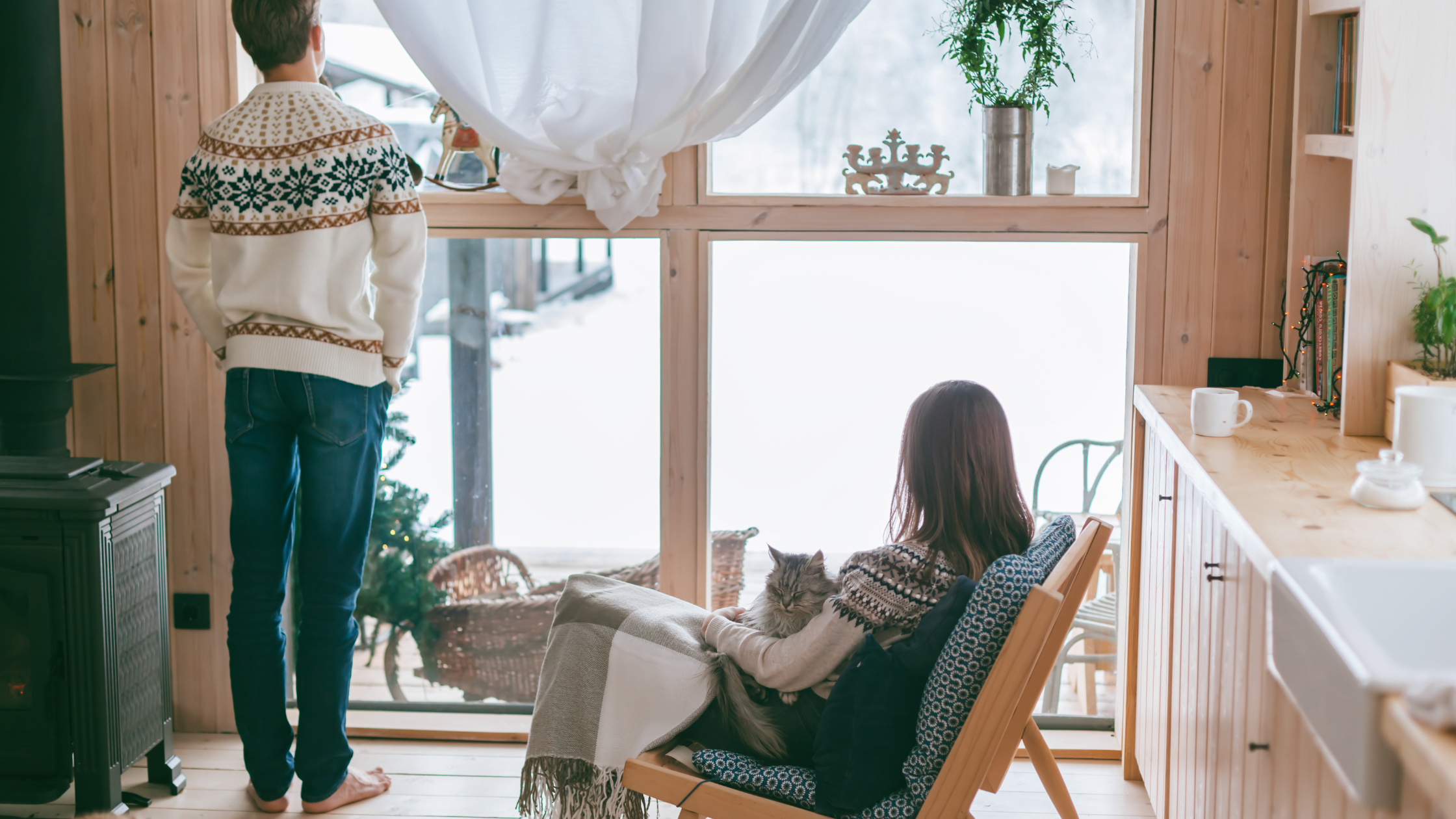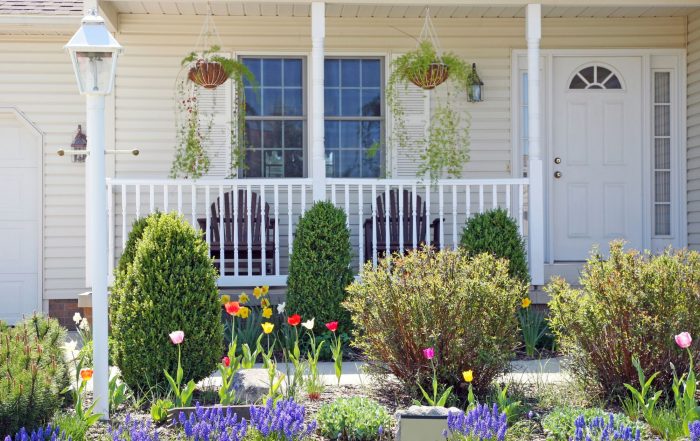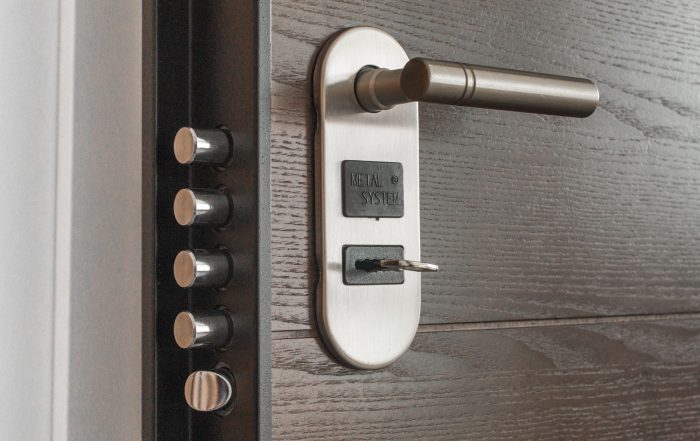
Winter Home Safety
As the temperature drops and winter approaches, it’s essential to […]
As the temperature drops and winter approaches, it’s essential to ensure that your home is safe. Winter not only brings joy with its holiday festivities and snowfall but also poses unique safety challenges for homeowners. From fire hazards to frozen pipes, this blog will guide you on how to keep your home safe during the winter months.
Fire Safety
Winter is a time when many of us use heating appliances to keep warm, and this increases the risk of fires. Here are some tips to prevent fire hazards:
a. Check your heating systems: Have your heating systems, such as furnaces, fireplaces, and space heaters, inspected and maintained regularly to ensure they’re in good working order.
b. Space heater safety: If using space heaters, place them at least three feet away from flammable objects, and never leave them unattended.
c. Fireplace safety: Use a fireplace screen to prevent embers from escaping, and have your chimney cleaned and inspected annually to prevent creosote buildup.
d. Electrical safety: Inspect your electrical cords for fraying or damage and replace any that are worn. Avoid overloading electrical outlets and extension cords.
Winterising Your Home
Preparing your home for the winter season can save you money and prevent accidents:
a. Insulate your home: Ensure that your home is insulated to keep the cold out and the heat in. This will not only make your home more energy-efficient but also prevent frozen pipes.
b. Pipe insulation: Insulate exposed water pipes to prevent them from freezing and potentially bursting.
c. Weatherstripping: Seal gaps around doors and windows with weatherstripping to prevent cold drafts from entering your home.
d. Gutters and roof maintenance: Clean your gutters and inspect your roof to prevent ice dams, which can lead to water damage and leaks.
Snow and Ice Management
Snow and ice are beautiful but can pose risks:
a. Snow removal: Keep walkways and driveways clear of snow and ice to prevent slip-and-fall accidents. Use salt or sand to melt the ice safely.
b. Roof snow removal: In regions with heavy snowfall, consider removing excess snow from your roof to prevent structural damage.
Carbon Monoxide and Smoke Detectors
Test your carbon monoxide and smoke detectors to ensure they are functioning correctly. Replace batteries and units if necessary.
Emergency Kit
Prepare an emergency kit that includes essentials like flashlights, batteries, a first aid kit, non-perishable food, and blankets. Winter storms can cause power outages, so it’s good to be ready for unexpected situations.
Exterior Maintenance
a. Trim trees and branches: Remove any dead or overhanging tree branches that might break under the weight of snow and ice and damage your property.
b. Check outdoor lighting: Ensure that outdoor pathways, steps, and driveways are well-lit to prevent accidents in the dark, icy evenings.
Protecting Your Home from Crime During Winter
Investing in a house alarm system during the winter months is a prudent choice for several reasons. First and foremost, the long nights and early sunsets of winter create more opportunities for burglars to operate under the cover of darkness. A house alarm is a powerful deterrent, making your property a less attractive target. Additionally, when you’re away from home during working hours, winter vacations or holiday travel, a house alarm system can offer peace of mind, allowing you to remotely monitor your property and respond quickly to security breaches or emergencies. In short, a house alarm system not only safeguards your home from potential intruders but also enhances your overall winter home safety.
As a solution to the above situations, we recommend NoEntry by Sonis. With its easy smartphone app, you can monitor your home wherever you are. With its patented technology, NoEntry will alert you to any attempted break-ins before they can even enter your home. While this is great during the winter months, you can rest assured that your home is protected all year round.
Conclusion
Winter can be a beautiful and magical time, but it also has unique safety challenges for homeowners. By following the tips mentioned in this blog, you can keep your home safe during the winter months. Preventing fire hazards, winterising your home, managing snow and ice, and staying prepared for emergencies are all essential steps in safeguarding your home and your family during the cold season.



